There is a portion of Sofia’s city centre where there is a Christian Orthodox church, a Catholic church, a synagogue and a mosque in close proximity, and it is known as the “rectangle of tolerance”. A few days ago, just a few metres from the “rectangle”, a “fifth temple” – the Cinema House – opened doors for the Sofia MENAR Film Festival, to tell us the stories, through film, of different people and nations, of faraway countries.
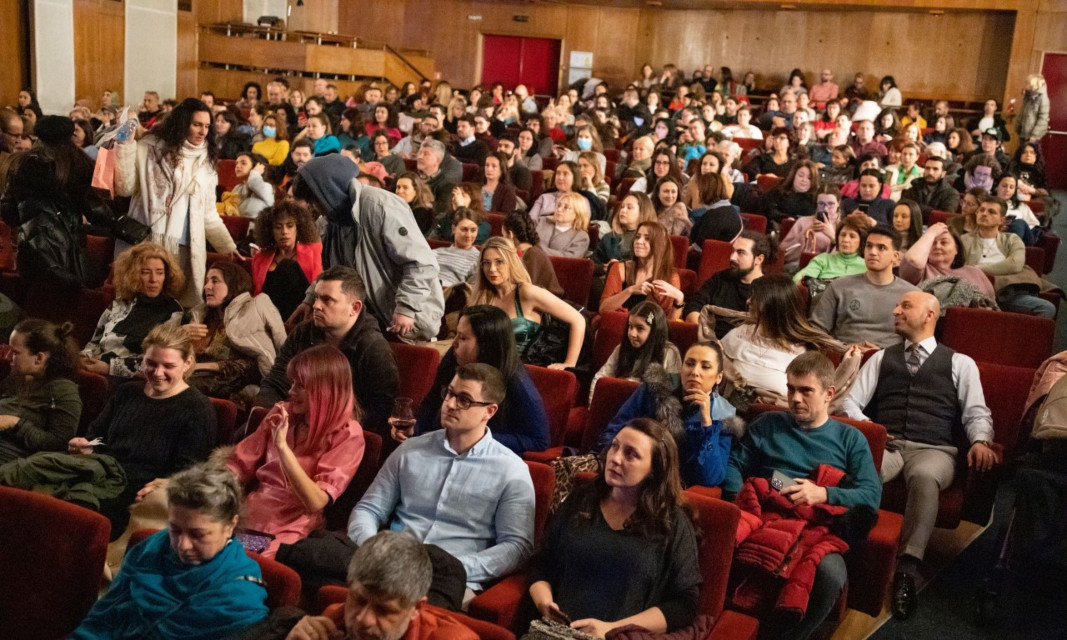
For 15 years the Pozor association has been bringing Bulgarian audiences the best feature, documentary and short films from the Middle East, Central Asia and North Africa. They call their project Sofia MENAR (Middle East & North African Region Film Festival). The festival opened on 16 January and will end on 29 January, screening films in several different locations in the Bulgarian capital.
What inspired the organizers Angel Hadjiiski and Zdravko Grigorov to turn their attention to that part of the world and to bring its art to audiences in this country?
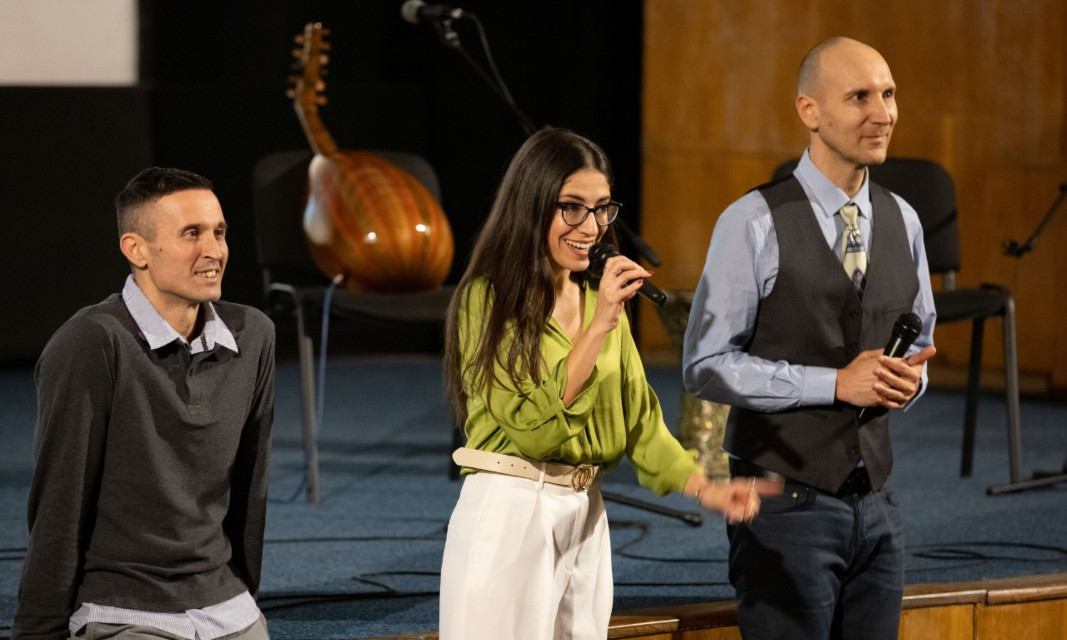
Angel Hadjiiski has graduated Turkology and has studied Arabic and Farsi, while Zdravko Grigorov has specialized film studies. So, out of their shared professional interests and their love of travel the festival Sofia MENAR was born, to take audiences on a cultural journey to faraway worlds, religions and different ways of life:
“For the first time the festival opened with a Bulgarian movie,” Zdravko Grigorov says. “We are very grateful to film director Katerina Borisova for trusting us to open the 15th Sofia MENAR with the film The Spirit of Scheherazade. We were so happy to see the tickets sell out one week before the start of the festival which shows there is an interest in the festival, but also in Bulgarian cinema. Some of the actors from The Spirit of Scheherazade were guests at the festival. They played some music, they sang, the atmosphere was terrific.”
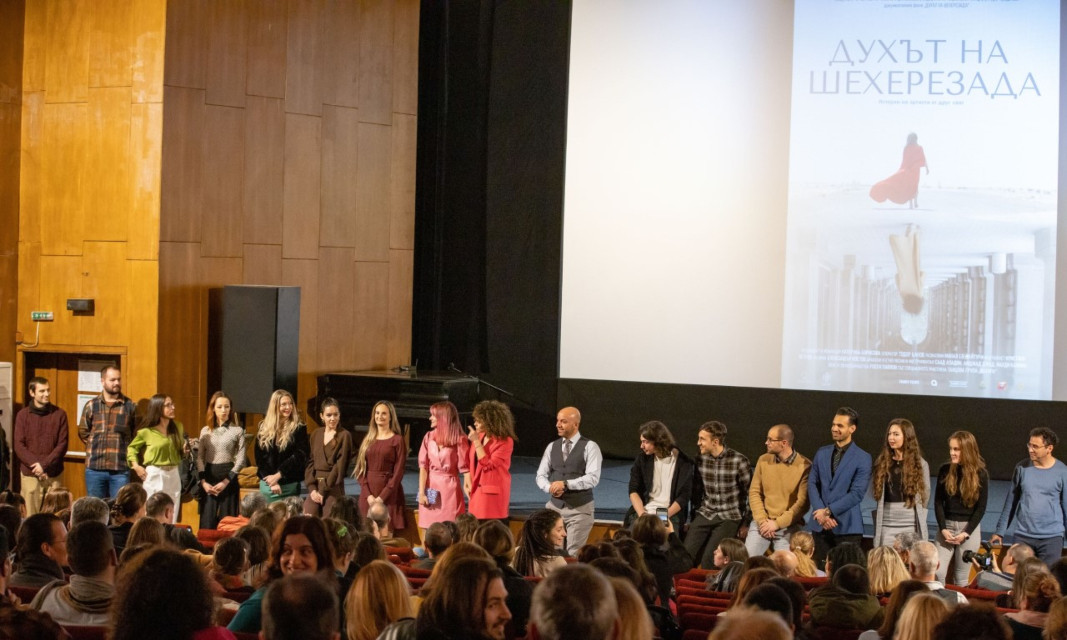
The film is about artists from the Middle East living in Bulgaria. They arrive in a foreign country seeking refuge, but they gradually find many things in common – in culture, traditions, cuisine, music, and so they begin to feel closer to Bulgaria and come to know it better. And now they have such a strong bond with the country and the people here, so that for them Bulgaria becomes a home from home, and their stories are like a tale from Scheherazade coming from the streets of Sofia, tales in which the protagonists are from the Orient, living in the reality of the Balkans to create reggae music with Arab motifs and perform Bulgarian folklore using musical instruments from the East.
The performance by Saad Aladdin from Iraq and Amcad Cad from Syria of the famed Bulgarian folk song Katerino, mome to the accompaniment of musical instruments from the countries they come from, is a veritable revelation.
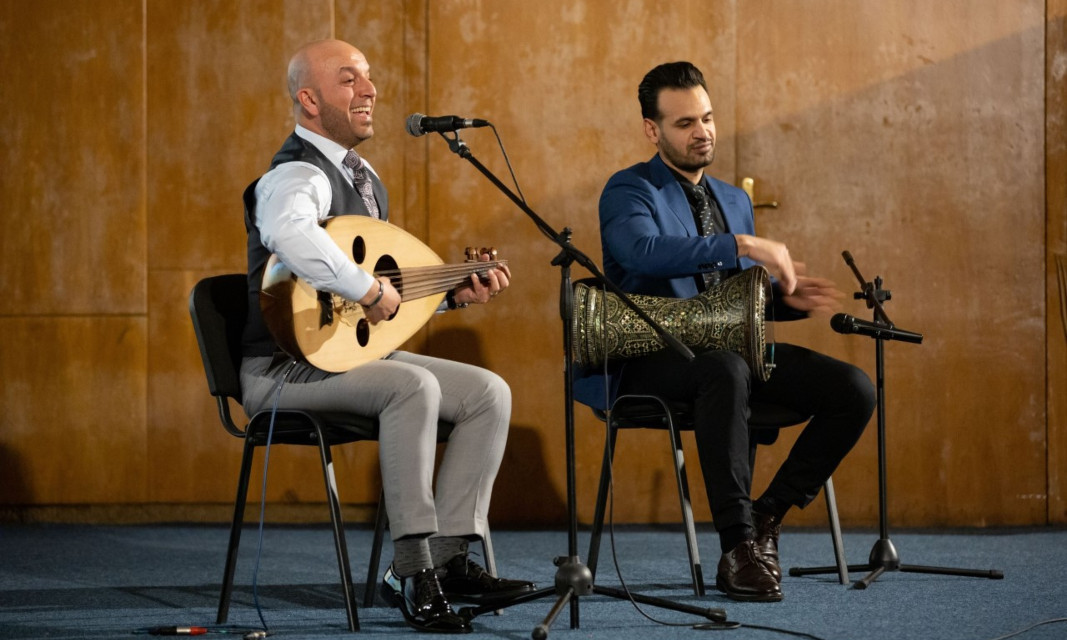
The focus at the festival this year is on Iranian cinema.
“The focus is on female film directors from Iran, provoked by the events there these past few months,” says Zdravko Grigorov. “We are going to screen four films by Iranian women film directors. I would like to make mention of two of the films. One is 19 by Manijeh Hekmat, a foremost film director in Iran, a rebel, always ready to grapple with the challenges women there have to face. The other film is The Sun of That Moon by Setareh Eskandari.”
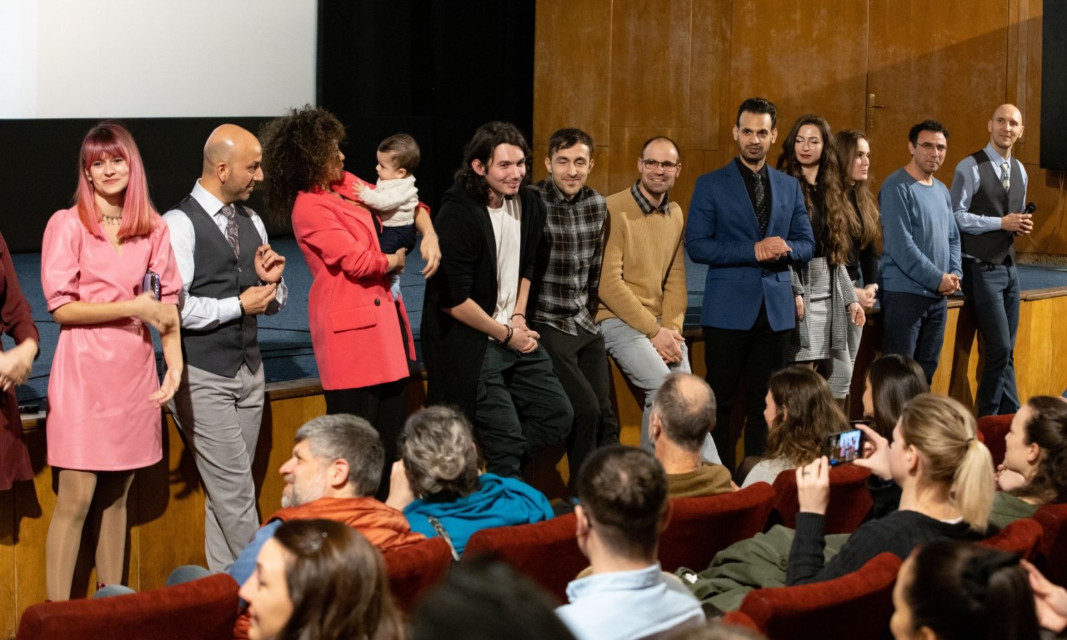
The festival kicked off with a screening of The Spirit of Scheherazade, and that is no coincidence. The film is all about breaking stereotypes, i.e. the conventions which we have allowed to accumulate through the years for historical, political or culturological reasons. Is art the most powerful bridge that can reach out to other people? The answer to this question comes from the poet and Arabist Dr. Aziz Nazmi Shakir who also takes part in the Bulgarian film:
“It has to be the best bridge because art acts as a kind of filter, i.e. such a bridge is not for everyone to pass, even if it is broad. On the other side of the bridge there is music too, and literature and cuisine. Just think about it, if you get rid of all the doner kebab places, all the places where you can get falafel or other kinds of Arab food in Sofia – that would change the face of the city. We seem to be more inclined to connect Arab culture with food, but it would be much more important, and tastier, if the intelligent Bulgarian were to read something from an Arab author or watch a film.”
Photos: Sofia MENAR Fest
At a special ceremony at the Romanian Embassy in Sofia, Ambassador Brândușa Ioana Predescu presented Bulgarian conductor Nayden Todorov with the Order of Cultural Merit with the rank of Grand Officer. "We are here to honor today your Maestro whom I..
Spanish writer Ana Andreu Baquero is coming to Bulgaria to present her novel "The Princess of Buchenwald" , the Cervantes Institute, which is organising the event with the Hermes publishing house, announced. The presentation of the book is scheduled..
On February 12, in the cosy space of the Bulgaria Gallery in the heart of Rome, compatriots and Italians will gather to commemorate a Bulgarian healer who with perseverance and dedication managed to change the lives of thousands of..

+359 2 9336 661
